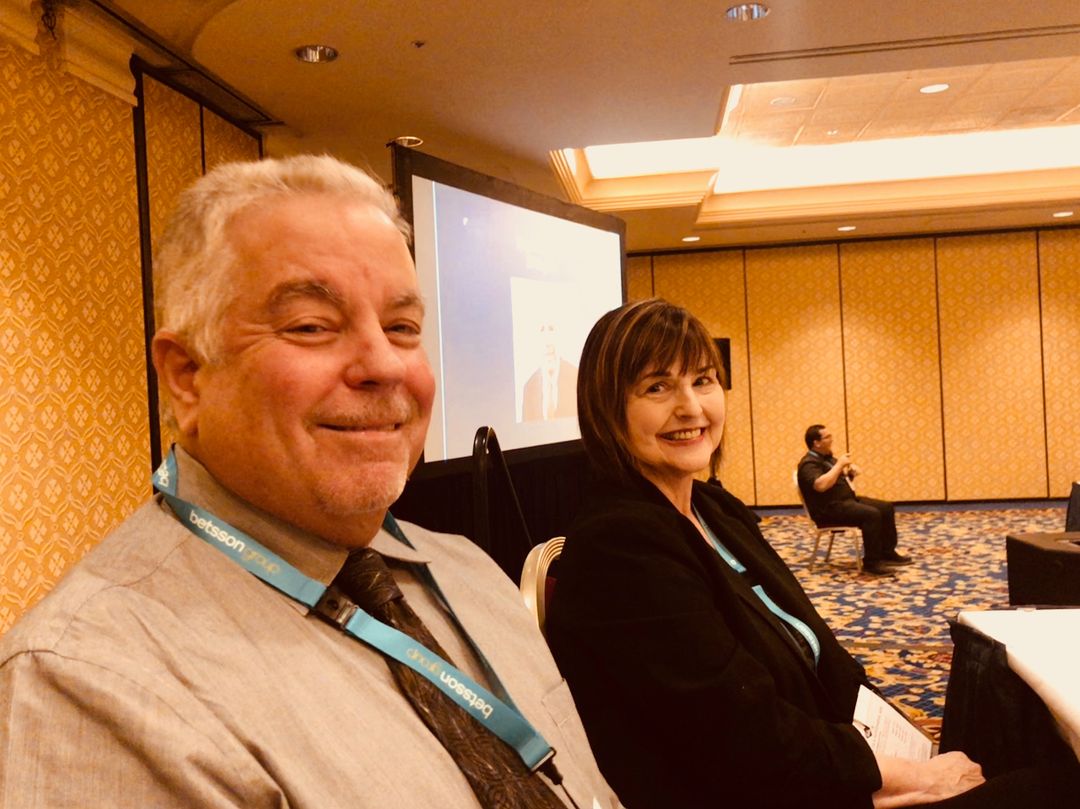
Covering gambling addiction is a challenging task for the media due to the relatively young nature of the field, which leaves many common questions about the impact of gambling unanswered. Moreover, the prevalence of unsubstantiated claims on social media blurs the line between peer-reviewed scientific research and unverified assertions.
To ensure responsible and accurate reporting on gambling disorder and responsible gambling, ICRG recommends the following guidelines for the media:
- When addressing claims about gambling disorder, seek supporting evidence from published research.
- Avoid assuming that any prevention measure or responsible gaming tool is inherently effective. Scientific research shows that interventions can either help, have no impact, or exacerbate the issue. Well-intentioned efforts at prevention can sometimes yield unintended consequences.
- Report on both our current knowledge and the areas where knowledge gaps exist regarding gambling disorder.
ICRG is fully prepared to support members of the media by providing answers to your queries and facilitating connections with researchers in the field. For inquiries, please email us at [email protected].
Thank you!
ICRG Funds Groundbreaking Sports Wagering Study
•
November 2, 2021
Gambling Research Organization Appoints New President
•
October 1, 2021
ICRG Conference On Gambling And Addiction Goes Virtual
•
July 2, 2020
NCRG Announces New Fund To Support Sports Wagering Research
•
September 19, 2019
NCRG Elects Caesars Executive And Unlv Professor To Board
•
April 10, 2019
The Tragic Events In Las Vegas On October 1, 2017
•
October 10, 2017
Media Advisory: 18th Annual NCRG Conference On Gambling And Addiction
•
September 25, 2017
NCRG Releases Guide To Reducing Gambling Addiction
•
June 12, 2017

